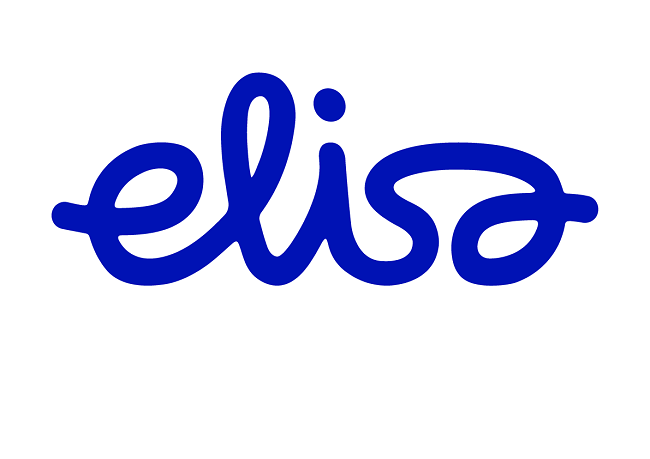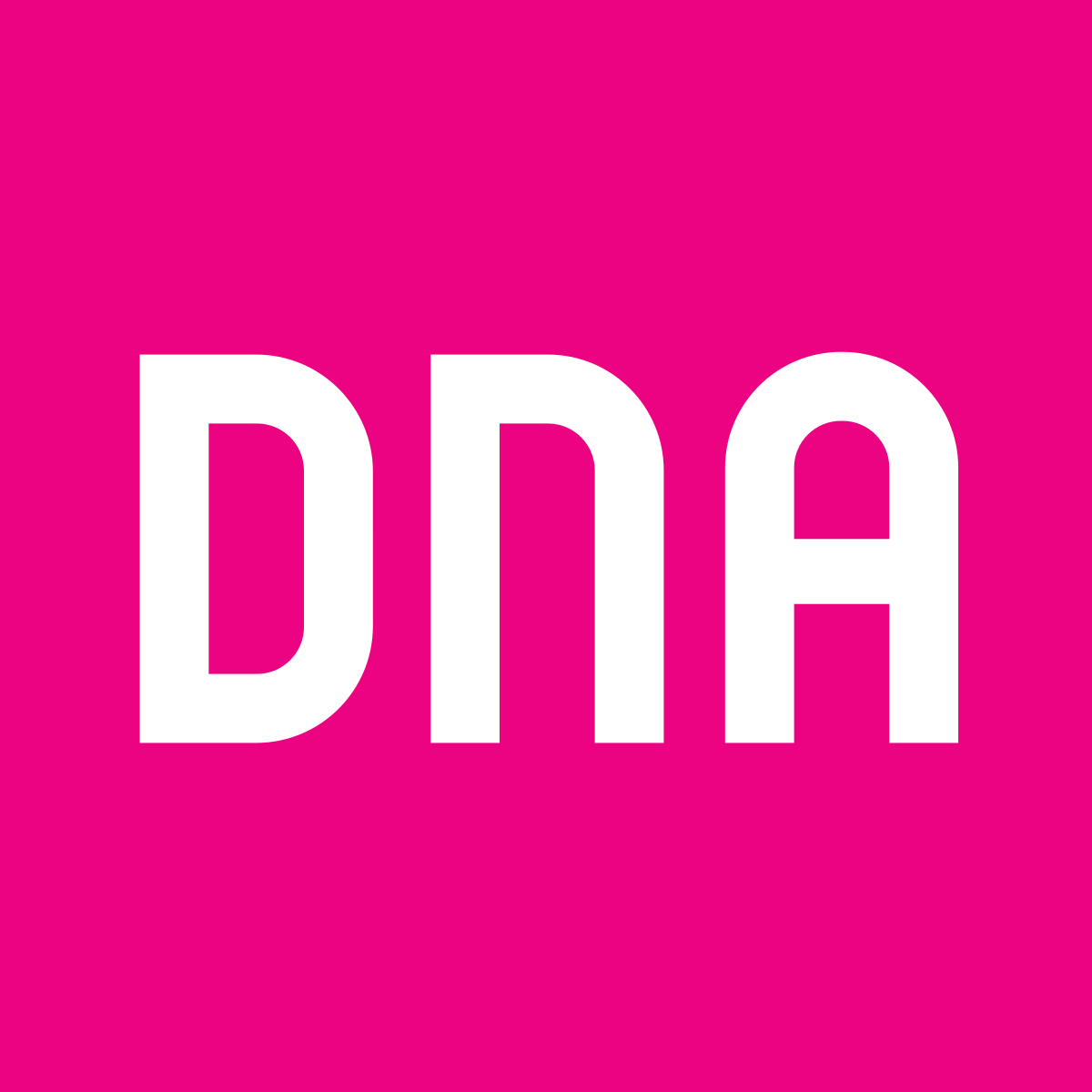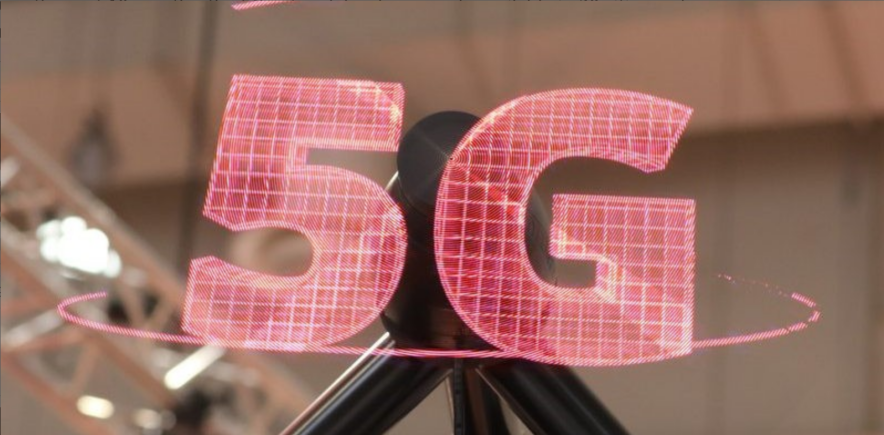
Finland first granted 5G licences in 2018 and Monday’s auction was the second issue of licences, which will be valid until the end of 2033.
The latest auction included three 800 MHz bands in the 25.1-27.5 GHz range for use in mainland Finland, and all three were sold at a starting price of 7 million euros each.
Elisa won the 25.1-25.9 GHz frequencies, Telia 25.9-26.7 GHz and DNA 26.7-27.5 GHz, and there were no other bidders, the ministry said.
Construction of the new networks can begin on July 1.
“Over the past 18 months, the 5G network has been made available in 30 cities and municipalities in Finland. This spring, well-functioning connections have proved even more valuable than anticipated,” the Finnish Transport and Communications Agency said in a statement, referring to the COVID-19 epidemic.
DNA said the 26 GHz frequency band allows the transfer of larger data amounts than before and is particularly suitable for providing high-speed connections in densely populated areas such as urban centres, transport hubs and public events.

“In the future, several businesses are also expected to use 5G technology in this frequency band,” DNA said in a statement.
Finland, home to network equipment maker Nokia, was among the first countries in the world to introduce 5G technology.
Nokia broadband boost
The news came as Finnish telecom equipment maker Nokia recorded a pick up in orders as broadband clients race to upgrade networks to meet higher user demand during the COVID-19 pandemic, a company executive said.
Many customers had planned to grow their network by 30% to 40% over the next few years assuming a similar growth in traffic, but COVID-19 brought in that traffic growth overnight, Sandy Motley, Nokia’s President of Fixed Networks, told Reuters.
“Customers will need to accelerate the growth that they had planned in the future, and we’ve seen customers already talking to us about that,” she said, adding orders for fixed networks were up 22% in the first quarter.
Nokia boosted its fixed-line networks business with the 2016 purchase of Alcatel-Lucent in a 15.6 billion-euro deal. The unit’s revenue fell 18% year-on-year in the first quarter and 5% between 2018 and 2019 but Motley said the decline was due to business cycles.
“We have seen some upgrades from our customers… but we think a lot of this drive will be more medium term and long term,” Motley said.
The European Commission has proposed that by 2025 all European households, rural or urban, should have access to networks offering download speeds of at least 100 MBps.
It takes time to build a new fixed network as the installation of fibre cabling can’t be done overnight, Stefaan Vanhastel, CTO of Nokia’s fixed networks business, told Reuters.
“Certainly we see that operators are starting to consider accelerating fibre rollouts,” he said.
Fixed broadband carries about 90% of all internet traffic in Europe, according to a report by research firm Analysys Mason.
In 2019, Nokia’s Fixed Access business amounted to around 10% of the company’s main networks business sales, with Mobile Access accounting for 64%


